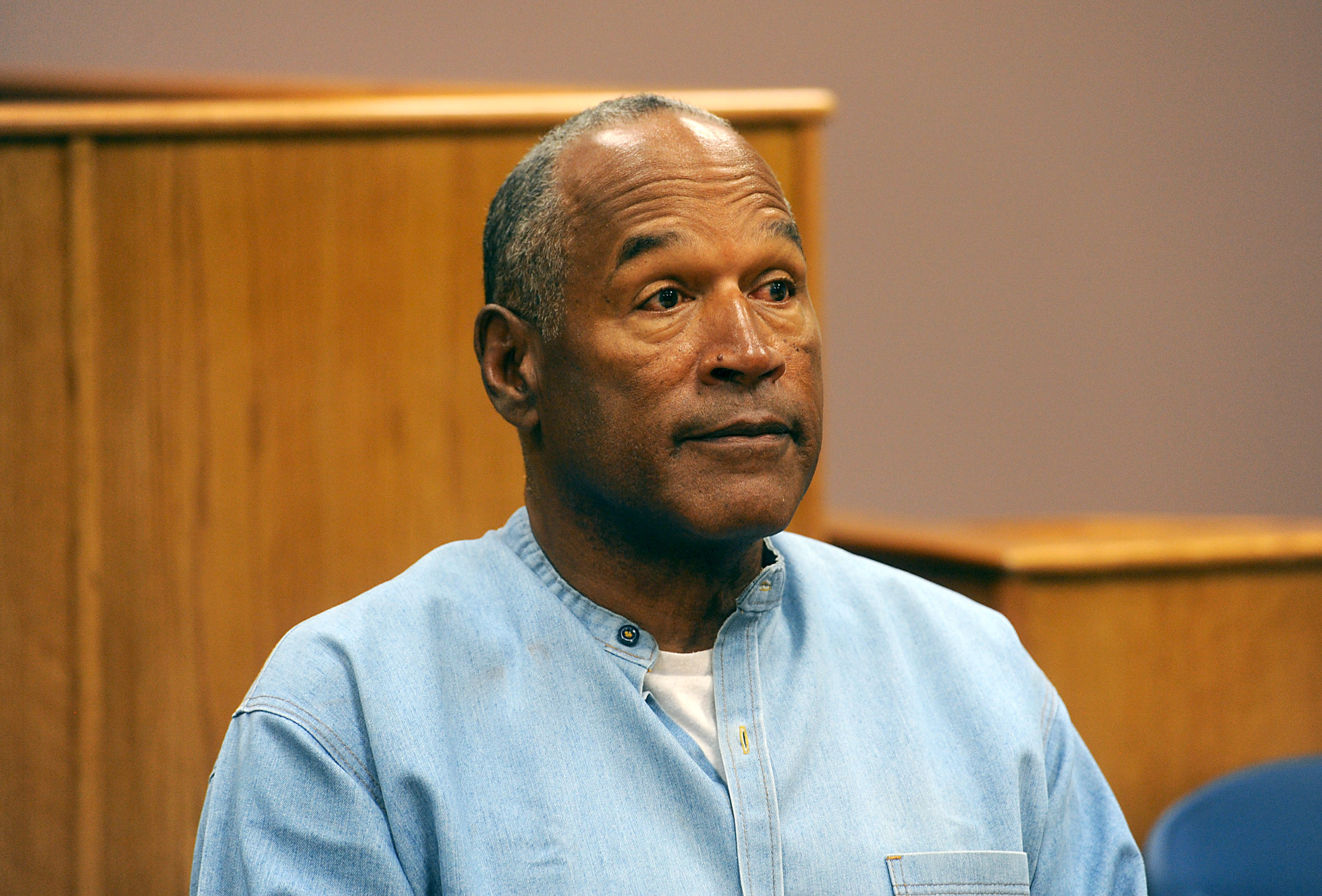Backers of the state's recreational marijuana law are calling a decision by Attorney General Maura Healey a major setback for the cannabis industry in Massachusetts, which has already experienced delays getting off the ground.
In a reversal of previous policy, Healey has decided to extend the time that cities and towns can prohibit retail marijuana operations without approval from voters, The Boston Globe reported Monday.
Healey, a Democrat who opposed the 2016 ballot question that legalized adult use of recreational marijuana, approved the town of Mansfield's request to extend a temporary moratorium on pot businesses from Dec. 31 to next June.
The decision could allow other cities and towns to seek permission to extend moratoriums that were set to expire while local officials create zoning requirements for the businesses.
"Certain communities have expressed a need for some additional time to address implementation of recreational marijuana licensing, sales, and facilities," said Margaret Quackenbush, a spokeswoman for Healey, in a statement to the Globe. "Given ongoing regulatory activity by the Cannabis Control Commission, such temporary local moratoriums are consistent with state law."
The five-member commission has so far been able to award only a single commercial license for a marijuana business - for a cultivation facility in Milford. Though the state had targeted July 1 for the opening of the state's pot shops, no retail licenses have been granted so far in part because of delays in zoning and permitting by cities and towns.
Jim Borghesani, spokesman for the Marijuana Policy Project, called Healey's ruling a "devastating setback" for legalization, and said there was no justification for giving local communities more time to zone for cannabis.
U.S. & World
"The only people who will benefit from Maura Healey's ruling are the criminals who have controlled cannabis sales for decades," said Borghesani.
The state Legislature revised the voter-approved law to require a vote by residents before a city and town can ban marijuana businesses, if a majority of the community favored the 2016 ballot question. But a referendum is not needed for temporary moratoriums.
The Massachusetts Municipal Association said Healey's ruling was appropriate because many towns would not be in a position to approve zoning rules until the spring, when their next town meetings are scheduled.



